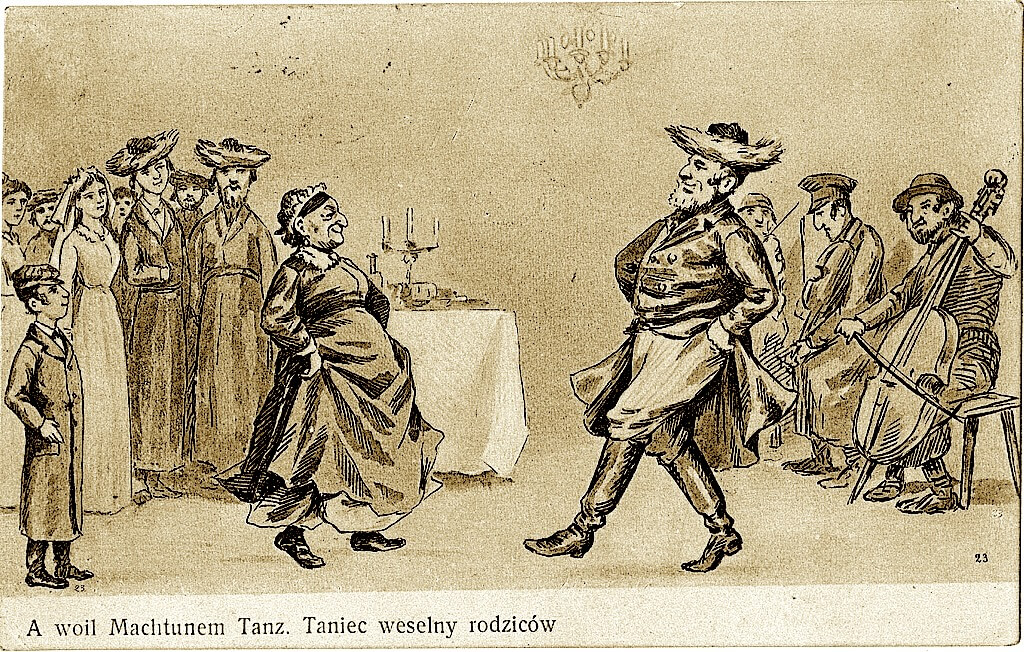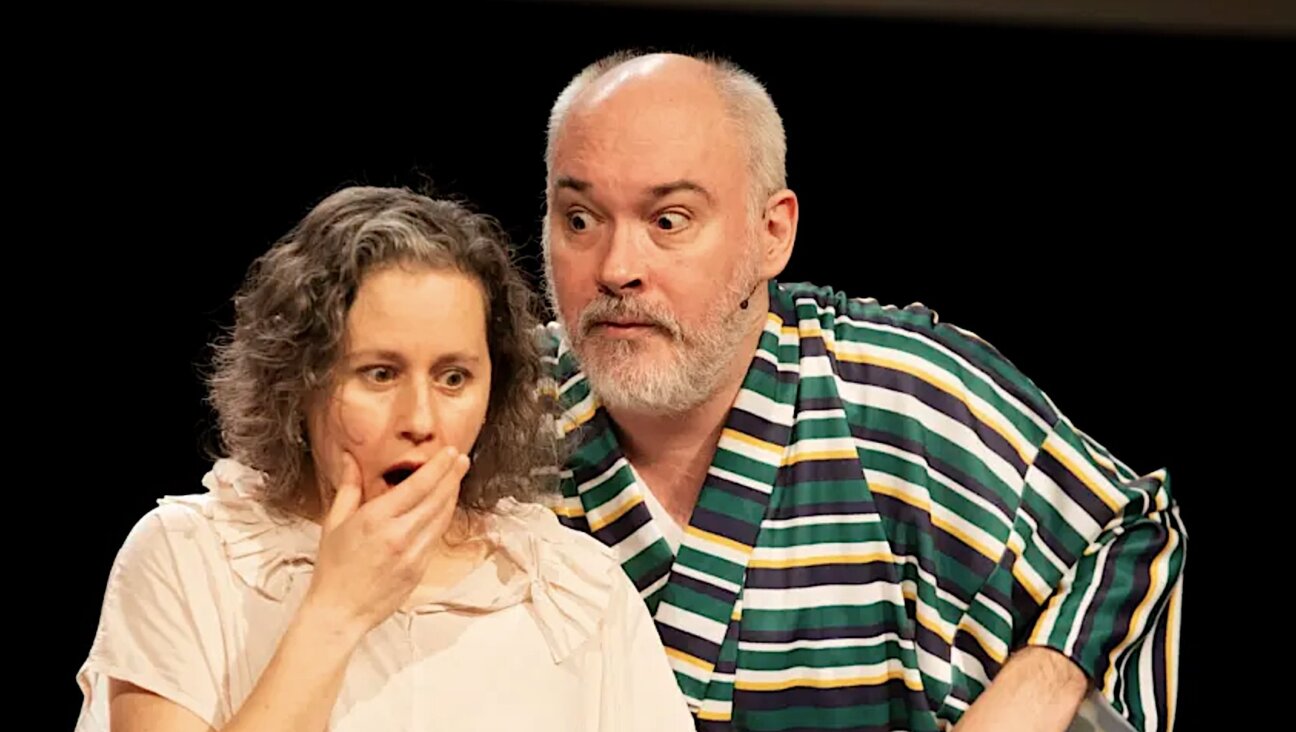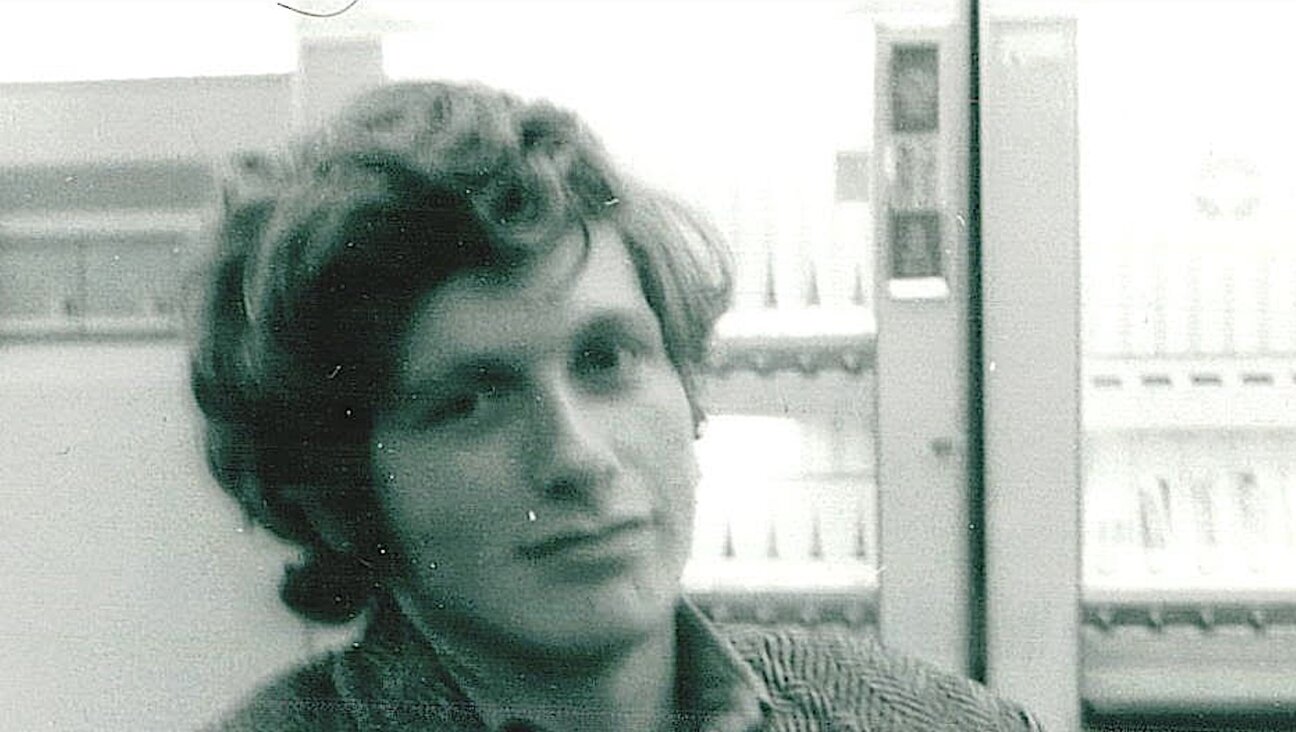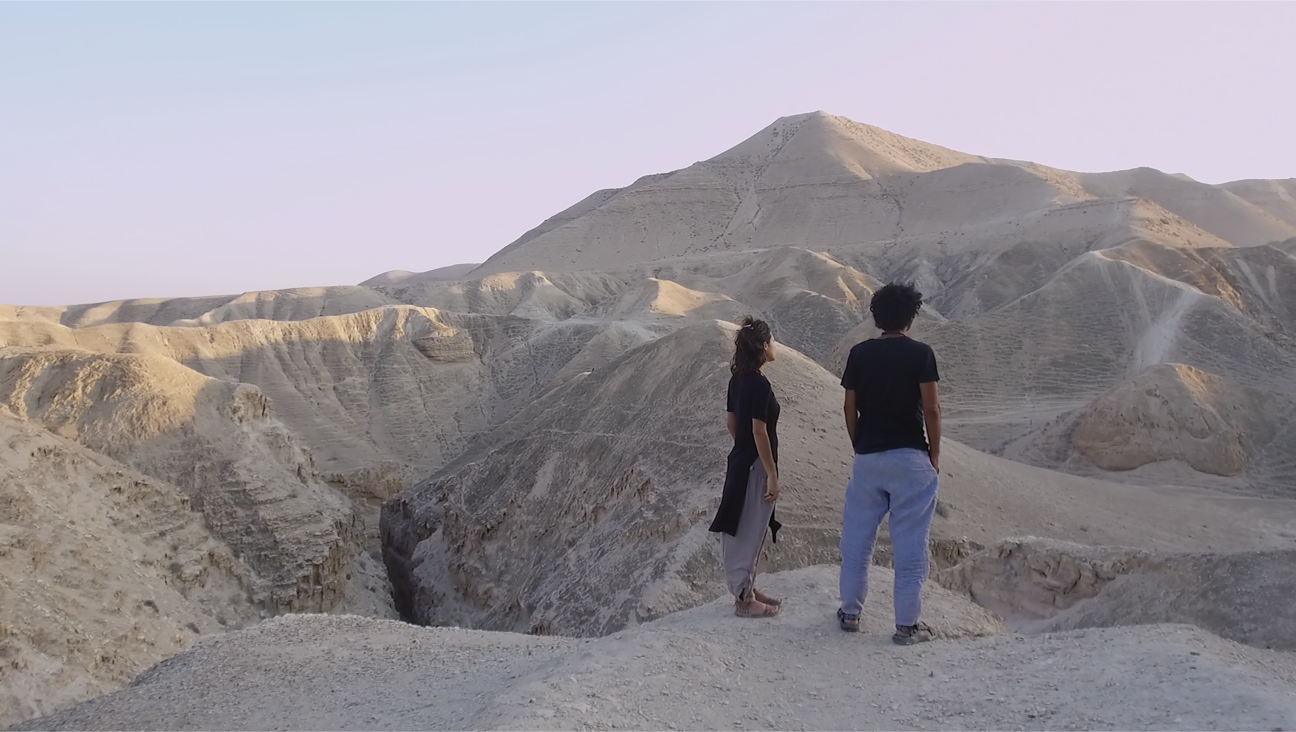Recording an album as an eight-year old girl

Courtesy of Bernice Zuckerberg Gordon
One afternoon, when I was eight years old, my father and I traveled by train to a recording studio in Manhattan.
My father was the khazn, or cantor, at the Manhattan Beach Jewish Center. We were making a record together with Sholom Secunda, the composer of the song “Bay Mir Bistu Sheyn”. The plan was that Secunda would play the piano while Tati and I sang.
Before we made that recording I had already begun taking weekly singing lessons from Secunda at his home, a very long train ride from where we lived.
I was excited to learn that Mr. Secunda had written a duet especially for my father and me that would be on one side of the record. On the other side would be me alone singing “Retsei”, a cantorial piece my father had taught me. I didn’t know that this was a famous, often sung piece of music for the synagogue. I only knew it was beautiful. To this day it still makes me happy every time I hear a cantor sing it.
We all arrived at the studio at about the same time. The two men shook hands, and my teacher shook my hand also.
Mr. Secunda went to the piano and played a little. I watched his fingers run all along the keyboard. He smiled at us and pulled out the sheet music he had brought along, the music Tati and I would need to hear.
The duet was in two languages: first in Yiddish, then in Hebrew. A microphone stood between me and Tati. After the piano introduction, it was my solo turn. Next, it was my father’s. I then had a second solo that included the line, “ikh, a yinger kleiner shnekl”.
I’d been speaking Yiddish all my life but I had never heard of the word shnekl. What’s more, I didn’t like the way it felt in my mouth. I knew that shnekl was about to rhyme with glekl, which means bell. But it was an unpleasant word, like some other Yiddish words that start with a “sh” sound.
Tati sang his line, which spoke about remembering his father’s voice. “Zayn gezang geven iz zis un sheyn” (“His song was sweet and beautiful.”) I knew that my line, containing that word, was next. I stopped. My father said nothing. He just waited.
Mr. Secunda, however, stopped playing and looked at me. One did not interrupt a recording session lightly. I took a step toward the piano. “Excuse me, Mr. Secunda,” I said.
His hands were still poised on the keys.
I took a breath. “What’s a shnekl?”
He relaxed. “Oh,” he said, and smiled. “It’s like a little shnook.”
To me, “shnook” sounded even worse than shnekl. “Does that mean I’m a little shnook?” I asked.
His smile deepened, revealing his striking dimple. “You don’t need to worry about that; just sing.”
So I did.
Every so often, I remember that day and the words shnekl and shnook, and how for weeks afterwards, I would try to come up with other words that rhymed with glekl.
Since then, many people have heard that record but I never told anyone about the “Shnook Incident.” Since Sholom Secunda said not to worry, just sing – that’s exactly what I did.
Bernice Zuckerberg Gordon is a soprano and cantorial singer whose career began as a child performer on Yiddish radio.
A message from our Publisher & CEO Rachel Fishman Feddersen

I hope you appreciated this article. Before you go, I’d like to ask you to please support the Forward’s award-winning, nonprofit journalism during this critical time.
At a time when other newsrooms are closing or cutting back, the Forward has removed its paywall and invested additional resources to report on the ground from Israel and around the U.S. on the impact of the war, rising antisemitism and polarized discourse.
Readers like you make it all possible. Support our work by becoming a Forward Member and connect with our journalism and your community.
— Rachel Fishman Feddersen, Publisher and CEO






















